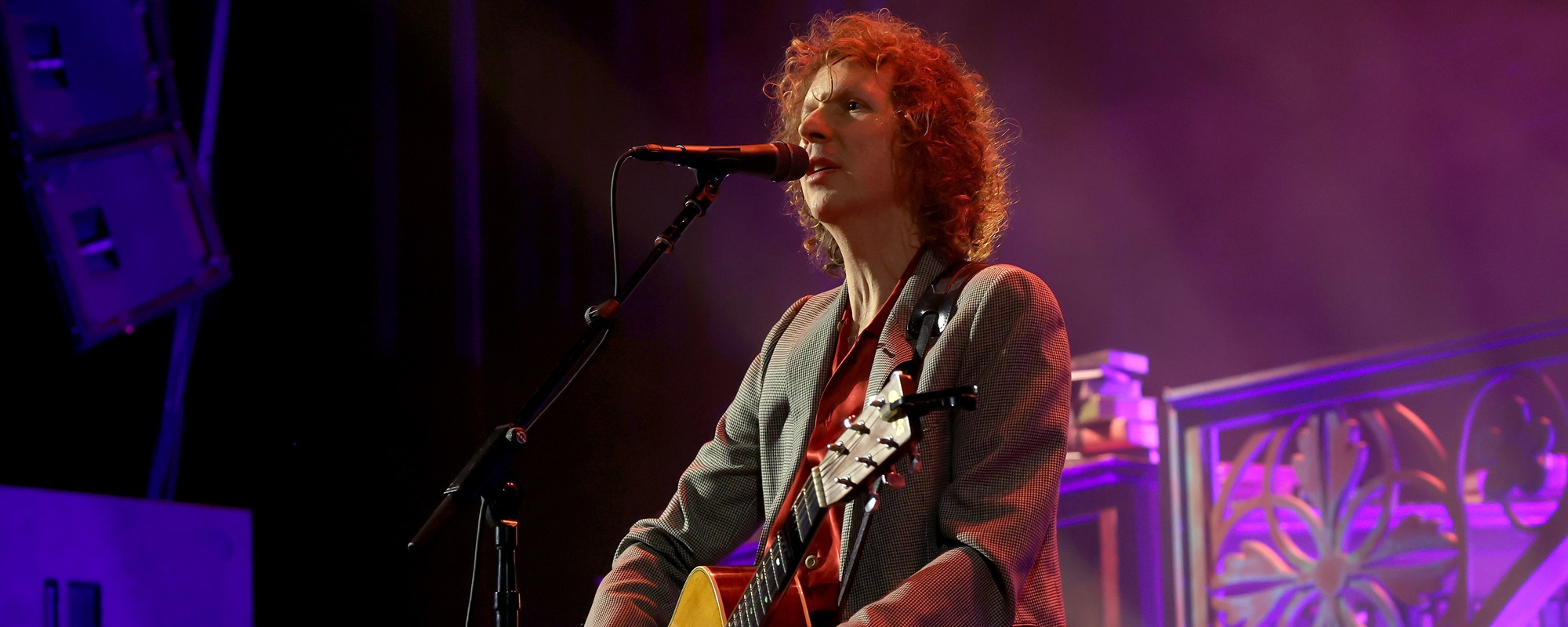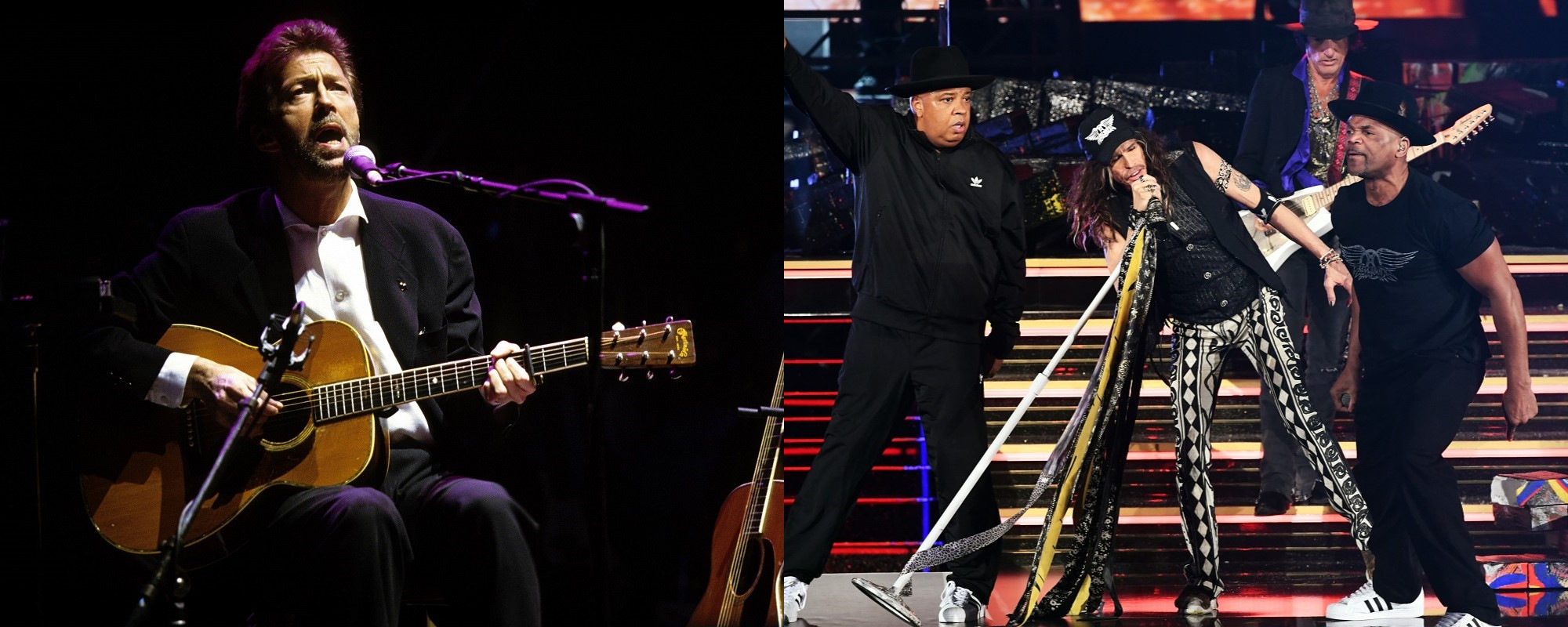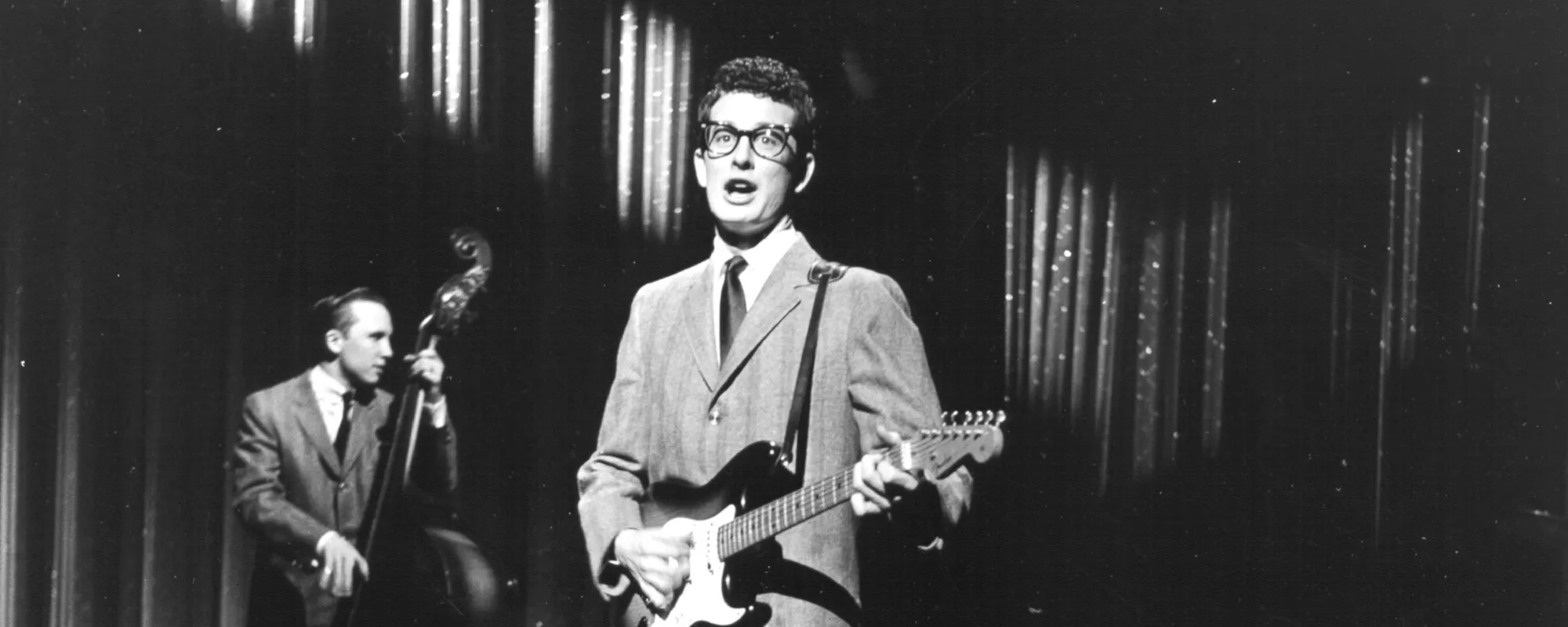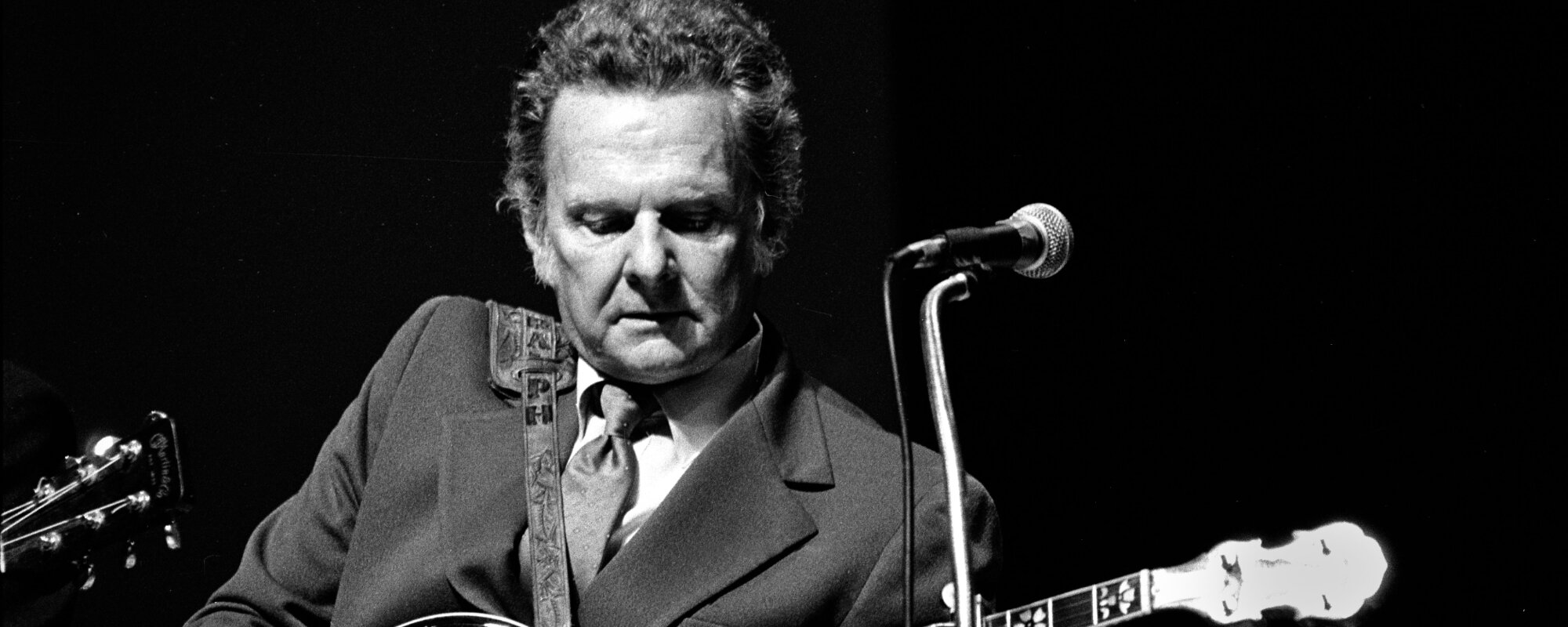The 1960s birthed many great band names ranging from relatively normal to the outright bizarre. Bands named after inanimate objects, animals, or made-up words reigned during that time, as well as many strange and wonderful others. Here, we’re going to explore five bands who included the word “love” in their name.
Videos by American Songwriter
1960s Band Names that Include the Word “Love”
Love
Love was formed in 1965 by Arthur Lee. The original lineup consisted of additional members Bryan MacLean, Ken Forssi, Johnny Echols, and Donnie Conca, later replaced by Alban “Snoopy” Pfisterer. By 1968, however, all but Lee had left Love. He continued on under the band name with various other artists throughout the 1970s.
Lee created one of the first racially diverse rock bands in the U.S., which was groundbreaking for 1965. Musically, their third album Forever Changes from 1967 became a huge hit for the band, and carried their legacy all the way to the Grammy Hall of Fame and Congress’ National Recording Registry. As a big name in the psych-rock subgenre, Love went on to influence many bands of the 1990s, such as Primal Scream, The Stone Roses, and The Jesus and Mary Chain.
H.P. Lovecraft
H.P. Lovecraft formed in 1967 and became influential in the 60s psych-rock scene, although they disbanded in 1969. Members of the original lineup went on to form a new band simply called Lovecraft. Under the new name, they released one album in 1970, before changing their name again to Love Craft and releasing another album in 1975.
The original band was, of course, named for the 20th-century horror writer and often wrote songs based on his gothic horror stories and themes. Folk singer George Edwards formed the band with multi-instrumentalist Dave Michaels, who was proficient with organ, piano, harpsichord, clarinet, and recorder. His skills allowed H.P. Lovecraft to expand their psychedelic sound beyond what other bands were doing at the time.
Love Affair
The band named Love Affair was a London-based prog-pop group that formed in 1966 before disbanding in 1971. Their first single was written by Mick Jagger and Keith Richards, but the recording was a flop. However, in 1968, they topped the U.K. Singles Chart with a cover of the song “Everlasting Love.” The band had a series of Top 20 hits in the next couple of years, before releasing the album The Everlasting Love Affair in 1969.
The band was molded into a stereotypical 60s pop group, which they allegedly resented. Love Affair attempted to move away from this persona by releasing the single “Baby I Know,” which went in a completely different stylistic direction. Unfortunately, it failed, and lead vocalist Steve Ellis left the band. According to Ellis, quoted in the book NME Rock N’ Roll Years, “We never really made it big anywhere but Britain and I think that if we had started to happen in America, I wouldn’t have left.”
The Strangeloves
Formed in New York in 1964, initially under the band name The Strange Loves, and pretending to be from Australia, the trio The Strangeloves are best known for their single “I Want Candy.” The Australian thing came about because of the prevalence of British groups at the time; when Bob Feldman, Jerry Goldstein, and Richard Gottehrer got together to form their band, they decided they couldn’t fake British accents. Apparently, Australian was easier.
The trio also pretended to be brothers named Giles, Miles, and Niles Strange. Their backstory included being rich sheep farmers as well, and they allegedly relied on no one in the U.S. knowing that much about Australians. While the backstory was far-fetched, the music did rather well. They were also responsible for discovering Rick Derringer, who would go on to front The McCoys.
The Lovin’ Spoonful
The Lovin’ Spoonful debuted in 1965 with their single “Do You Believe In Magic,” and went on to be one of the biggest folk-rock bands in the U.S. for a portion of the 1960s. They also broke the Top 10 with the singles “Daydream,” “Do You Ever Have To Make Up Your Mind?” and “Summer in the City.”
While their folk-rock sound was phasing out in the late 60s in favor of psych-rock, The Lovin’ Spoonful found it difficult to transition. While they were once the top-selling band in the U.S., behind the Beatles and the Rolling Stones, they eventually disbanded in 1968.
Featured Image by GAB Archive/Redferns













Leave a Reply
Only members can comment. Become a member. Already a member? Log in.